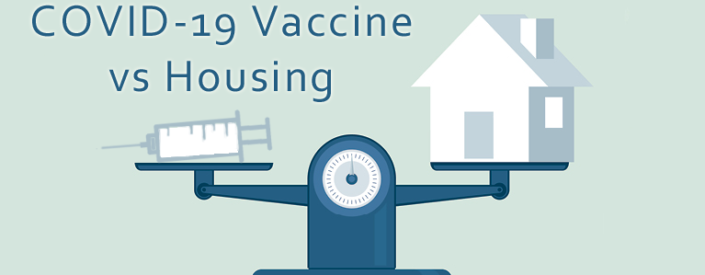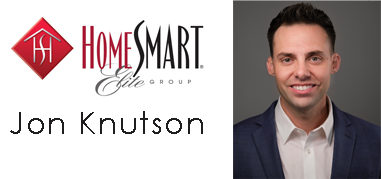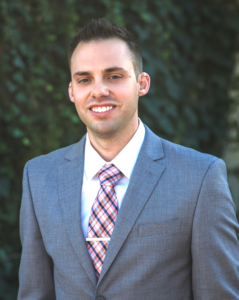
What a COVID-19 Vaccine Could Mean for the Housing Market
When the COVID-19 pandemic first hit US soil nine months ago, we really didn’t know what to expect. By now, it’s become perfectly clear what affect the pandemic has had on the housing and mortgage industries. COVID-19 acted like an accelerant to an already hot real estate market. As we enter the holiday season, we can typically expect home activity to start slowing, but this year is far from ordinary.
So what happens when a vaccine comes, and we return to “normal”? How will that affect red-hot housing market that the pandemic caused? While it’s impossible to predict completely, I can certainly share some insight. First we have to understand why COVID caused a red hot real estate market.
Low Supply
- Some home sellers who would have typically been in the market, do not want to sell their homes as they “hunker down” at home. This contributes to a lower supply of homes on the market.
- Also contributing to a short supply of homes, especially here in Phoenix, is a growing population. It’s estimated 200 people move to Arizona every day.
High Demand
- Record setting interest rates spurred an interest in those who are financing homes, making more expensive homes much more palatable in monthly payment terms. The rates right now are definitively the lowest ever in history. A refinance surge has lenders struggling to keep up with demand.
- As you know, COVID has brought in an era of work at home, and more people are finding they need more space because of it. Pre-COVID, around 3.5% of the US work force worked at home regularly. That number now stands around 42% according to a Stanford report. These people also don’t need to be tied close to an office, so they may want to move to a geographically better place. Less time and money spent on commuting, gas, work clothes, lunches out, limited travel, not eating at restaurants means more money for…your house?
So what happens to these factors once a vaccine is made available? I’m certainly no expert in vaccinations, but Let’s assume a vaccine takes 6 months from now to be fully approved, widely available, accepted and effective. We can hope that at the 6-12 month time frame we would start seeing a drastic reduction in cases, and for all intents and purposes the pandemic would start to fizzle out, at least here in the US.
As we regain out “normal”, the home sellers who were “hunkered down” will likely start coming back into the market. With more equity in hand than pre-COVID, and an underlying itch to move, this group should emerge relatively quickly in a post vaccinated world.
The growth that has been occurring in Arizona however, I don’t anticipate to slow. We are an attractive place to live for a lot of reasons, and I don’t see any direct relation to a COVID vaccine for a change in the amount of people fleeing cold climates, and unfavorable political climates.
However, at some point we can expect people will slowly return to higher levels of travel, shopping, dining, and spending which will get the economy producing at a higher level. When this happens, this means these insanely low interest rates could very likely turn around and start climbing again. This would turn off some would-be home buyers and likely a be major dampening on refinances.
What about all 42% of the US work force now working at home? That number is certainly likely to start dropping, with a vaccine, but it will never go back down to pre-COVID-19 levels. Working at home was a growing trend prior to COVID on a much smaller scale, and all COVID did was put work-from-home acceptance into hyper speed.
When we put it all together, we can assume the supply and demand levels will eventually get more in balance, which causes pricing to slow at the rate which it is currently climbing (not to be confused with pricing decrease). I believe COVID will have lasting affects on the way we live and work for the rest of our lives. Housing has become a lot more important for a lot more people in what I believe is a long-term permanent shift.
Contact Me

Comments are closed.